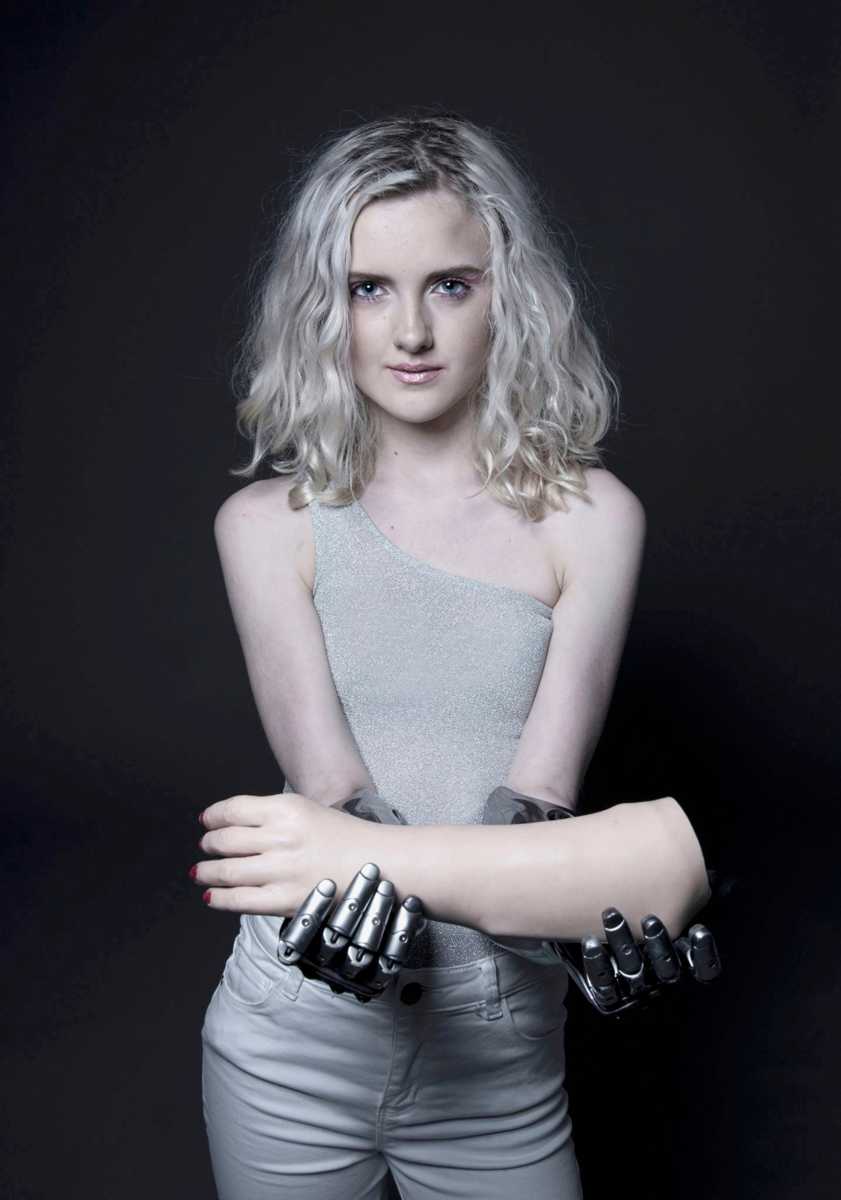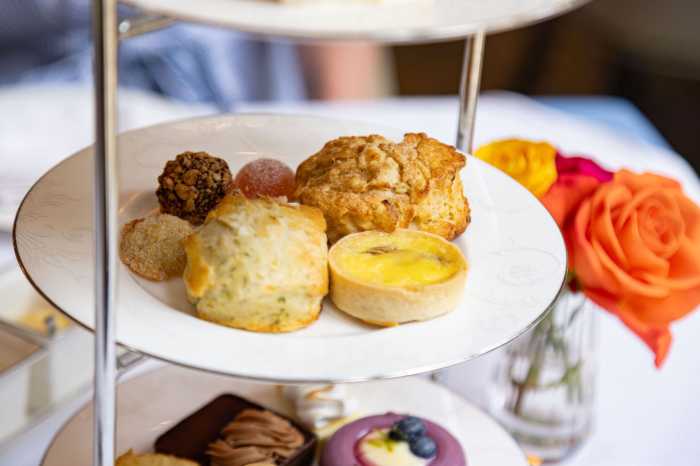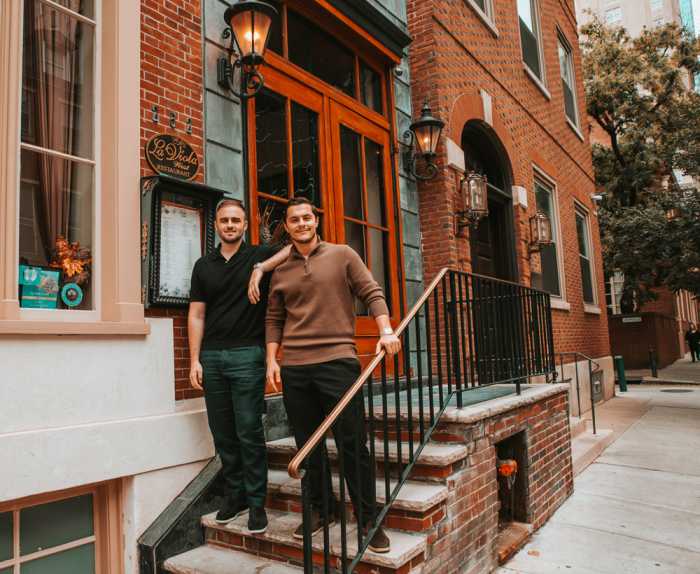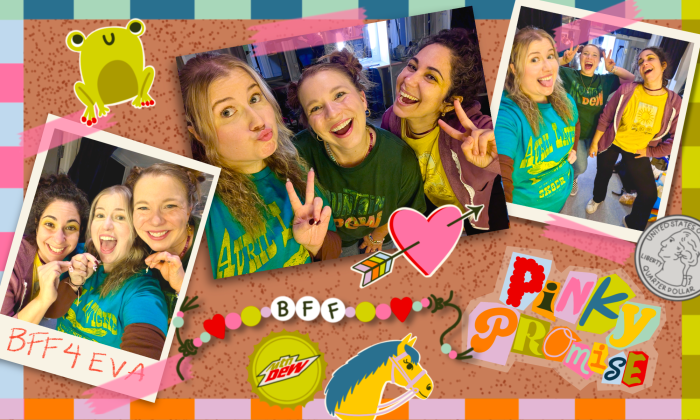By Monica Garzón Ramírez, MWN
Tilly Lockey’s life story is like no other. This young woman has had to face tough challenges after living without arms almost since the time she was born. But that did not stop her from fulfilling the ambitious dreams of a teenager. The 15 -year-old Brit has become a bionic model with thousands of followers.
And where many see difficulties, she sees opportunities. That is why Lockey assures that her arms have given her a great opportunity to inform about the things that matter most to her and, above all, to serve as an inspiration to other children with disabilities. Her mission is to help create the perfect prosthesis.
Lockey is a beauty blogger, she also travels the world giving lectures and telling her story in order to help other people who have suffered amputations. She is part of Singularity U, an academic institution in Silicon Valley, which has the purpose of “bringing together, educating and inspiring leaders to harness exponential technologies and apply them as tools to solve the great challenges of humanity.”
Metro spoke with her about the prostheses she uses now, her life and the message she seeks to spread around the world.
Tell us about your life before having bionic arms.
I have always been a woman who has been empowered by individuality and I have also been very independent. I have always had a family that has supported me through everything and three amazing sisters. They have given me space so I could become the person I am now. They have given me enough courage and strength to ask for help, because learning to be brave is something that is very rewarding at a very young age.
But I did know I was different and it was hard for me to assimilate, but not because I was ashamed or felt bad, but because I wanted to be a “normal” person. Especially when going out into the world and doing things differently from others.
They are also still very impressed that instead of a medical device, I see my bionic arms as a fashion accessory.
How do they work for you? Tell about the movements and everyday activities.
They have a different grip. I can operate them with various functions. I also have a menu to make them work the way I want them to. I have a function for putting on makeup, one for scratching and even one for grabbing tea in the morning.
How did bionic arms change your life?
I think the biggest change has been in having these amazing, functional arms. It’s been a huge step for me physically and has allowed me to do so much more. As I say, I’ve always been very independent and I’ve adapted pretty well to my circumstances, which is great.
There were things that I didn’t handle well yet because when you don’t have arms, you have to do things that involve other body parts. But this device has helped me do things that were more difficult before, like combing my hair, drinking coffee and reading a book – all at the same time. And, of course, this has helped me mentally.
What can you tell us about the latest developments in prosthetics?
I have been working with the same technology source and different companies in the field since I was two years old. Back then, everything was very manual and I had to pull strings for movement… The change has been incredible.
Also, another great innovation is 3D printing, which has made it easier to move muscles and therefore has improved the motor part and made prosthetics much cheaper, which is quite important. And it was great to discover this technology at such a young age, because you would never imagine everything that is going on to make a small hand move. And luckily, this is accessible now for a lot of kids who have to start practicing at a young age. Having this technology makes it easier for them. And by the time they are my age or much older, it becomes easier to use and it’s like a second skin.
You represent how differences should not be hidden, but celebrated. What message do you want to spread?
That you should embrace that imperfection. For a long time I tried to look as realistic as possible, but I understood that this was not for me, that I could do with my body whatever I wanted and that this could give me a lot of possibilities. And I wouldn’t notice it, but people like us, well, they’re not always going to have a 100% realistic device. Obviously, there will be people who prefer it that way, but it’s already a preference, not an imposition.
So my message is to be true to yourself. I think I’ve also motivated people not to be afraid to show themselves as they are. Because I am very true to myself and my passion, it’s very important to express it. And if there are imperfections in the eyes of others, they don’t define me.





























